Filter by
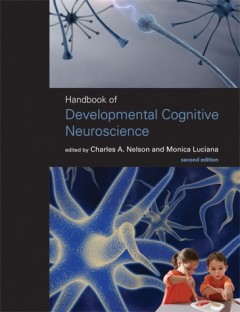
Handbook of developmental cognitive neuroscience / Cognitive Neuroscience (Se…
The second edition of an essential resource to the evolving field of developmental cognitive neuroscience, completely revised, with expanded emphasis on social neuroscience, clinical disorders, and imaging genomics.The publication of the second edition of this handbook testifies to the rapid evolution of developmental cognitive neuroscience as a distinct field. Brain imaging and recording techn…
- Edition
- -
- ISBN/ISSN
- -
- Collation
- 1 online resource (xi, 923 pages) : illustrations (some color).
- Series Title
- -
- Call Number
- -

Journey from Cognition to Brain to Gene: Perspectives from Williams Syndrome
A blueprint for the investigation of neurodevelopmental disorders, this book presents the work of a team of scientists using a multidisciplinary, integrated approach to link genes with human behavior. Using Williams syndrome as a model, leading researchers in neuroanatomy, neurocognition, neurophysiology, and molecular genetics have built bridges between disciplines to link higher cognitive fun…
- Edition
- 1
- ISBN/ISSN
- 9780262287395
- Collation
- -
- Series Title
- -
- Call Number
- -
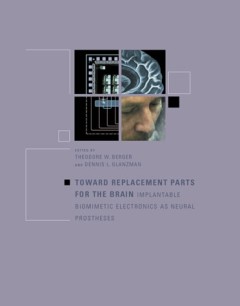
Toward Replacement Parts for the Brain: Implantable Biomimetic Electronics as…
A Bradford book.""This book has its origins in a meeting, entitled "Toward replacement parts for the brain: intracranial implantations of hardward models of neural circuitry" that took place in Washington, D.C. in August 1989"--Preface.The continuing development of implantable neural prostheses signals a new era in bioengineering and neuroscience research. This collection of essays outlines cur…
- Edition
- -
- ISBN/ISSN
- 9780262268226
- Collation
- 1 online resource (ix, 405 pages) :illustrations
- Series Title
- -
- Call Number
- -
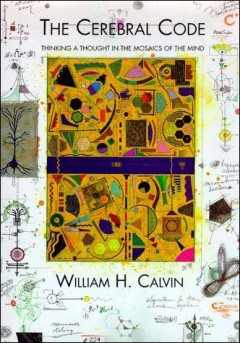
The Cerebral Code: Thinking a Thought in the Mosaics of the Mind
"A Bradford book."The Cerebral Code proposes a bold new theory for how Darwin's evolutionary processes could operate in the brain, improving ideas on the time scale of thought and action. Jung said that dreaming goes on continuously but you can't see it when you're awake, just as you can't see the stars in the daylight because it is too bright. Calvin's is a theory for what goes on, hidden from…
- Edition
- -
- ISBN/ISSN
- 9780262269711
- Collation
- 1 online resource (256 pages) :illustrations
- Series Title
- -
- Call Number
- -

Neurophilosophy of free will :from libertarian illusions to a concept of natu…
"A Bradford book."Walter applies the methodology of neurophilosophy to one of philosophy's central challenges, the notion of free will. Neurophilosophical conclusions are based on, and consistent with, scientific knowledge about the brain and its functioning.Neuroscientists routinely investigate such classical philosophical topics as consciousness, thought, language, meaning, aesthetics, and de…
- Edition
- -
- ISBN/ISSN
- 9780262285759
- Collation
- 1 online resource (xiii, 391 pages)
- Series Title
- -
- Call Number
- -
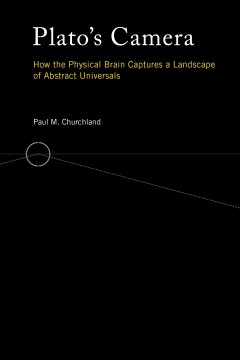
Plato's camera :how the physical brain captures a landscape of abstract unive…
A noted philosopher draws on the empirical results and conceptual resources of cognitive neuroscience to address questions about the nature of knowledge. In Plato's Camera, eminent philosopher Paul Churchland offers a novel account of how the brain constructs a representation--or "takes a picture"--of the universe's timeless categorical and dynamical structure. This construction process, which …
- Edition
- -
- ISBN/ISSN
- 9780262302869
- Collation
- 1 online resource (x, 289 pages, 12 unnumbered pages of plates) :illustrations (some color)
- Series Title
- -
- Call Number
- -
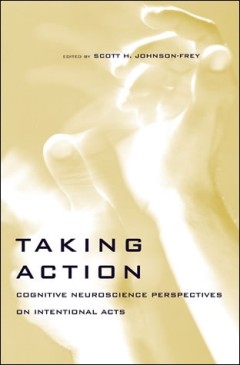
Taking Action: Cognitive Neuroscience Perspectives on Intentional Acts
A Bradford book."Recent cognitive neuroscientific research that crosses traditional conceptual boundaries among perceptual, cognitive, and motor functions in an effort to understand intentional acts. Traditionally, neurologists, neuroscientists, and psychologists have viewed brain functions as grossly divisible into three separable components, each responsible for either perceptual, cognitive, …
- Edition
- -
- ISBN/ISSN
- 9780262276337
- Collation
- 1 online resource (viii, 413 pages, 12 unnumbered pages of plates) :illustrations (some color)
- Series Title
- -
- Call Number
- -
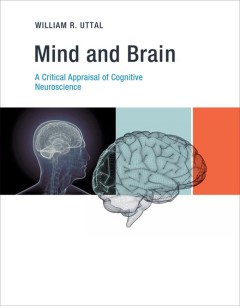
Mind and brain :a critical appraisal of cognitive neuroscience
Here, William Uttal offers a critical review of cognitive neuroscience, examining both its history and modern developments in the field. He pays particular attention to the role of brain imaging in studying the mind-brain relationship.OCLC-licensed vendor bibliographic record.
- Edition
- -
- ISBN/ISSN
- 9780262298902
- Collation
- 1 online resource (xxviii, 497 pages) :illustrations
- Series Title
- -
- Call Number
- -
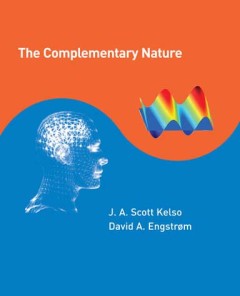
The Complementary Nature
"A Bradford book."Why do we divide our world into contraries? Why do we perceive and interpret so many of life's contraries as mutually exclusive, either/or dichotomies such as individual~collective, self~other, body~mind, nature~nurture, cooperation~competition? Throughout history, many have recognized that truth may well lie in between such polar opposites. In The Complementary Nature, Scott …
- Edition
- -
- ISBN/ISSN
- 9780262316286
- Collation
- 1 online resource (xviii, 317 pages) :illustrations
- Series Title
- -
- Call Number
- -
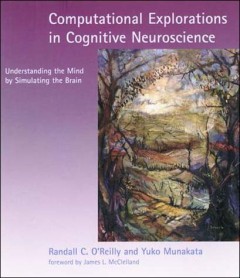
Computational Explorations in Cognitive Neuroscience: Understanding the Mind …
"A Bradford book."The goal of computational cognitive neuroscience is to understand how the brain embodies the mind by using biologically based computational models comprising networks of neuronlike units. This text, based on a course taught by Randall O'Reilly and Yuko Munakata over the past several years, provides an in-depth introduction to the main ideas in the field. The neural units in th…
- Edition
- -
- ISBN/ISSN
- 9780262280907
- Collation
- 1 online resource (xxvii, 504 pages) :illustrations
- Series Title
- -
- Call Number
- -
 Computer Science, Information & General Works
Computer Science, Information & General Works  Philosophy & Psychology
Philosophy & Psychology  Religion
Religion  Social Sciences
Social Sciences  Language
Language  Pure Science
Pure Science  Applied Sciences
Applied Sciences  Art & Recreation
Art & Recreation  Literature
Literature  History & Geography
History & Geography